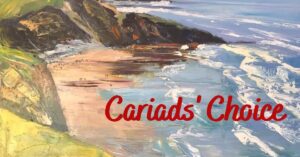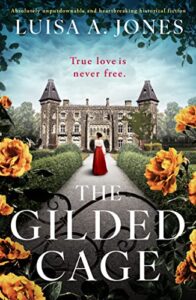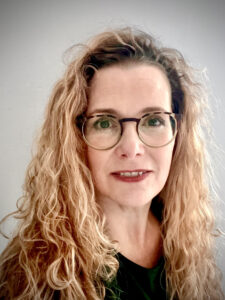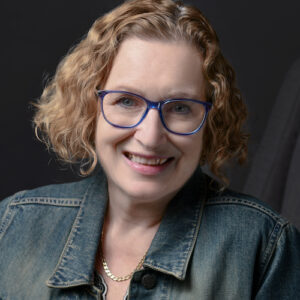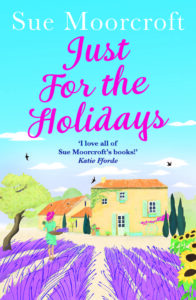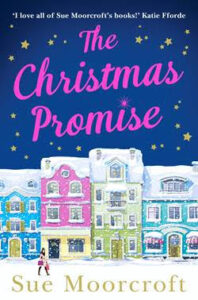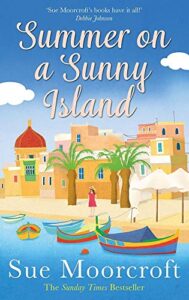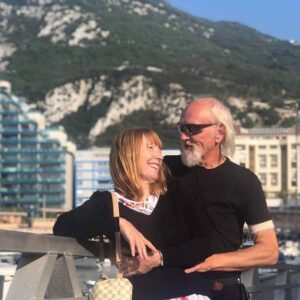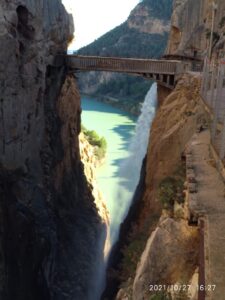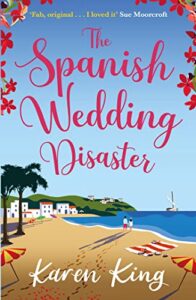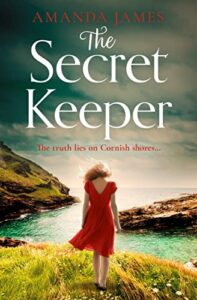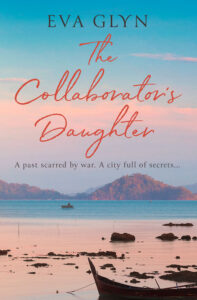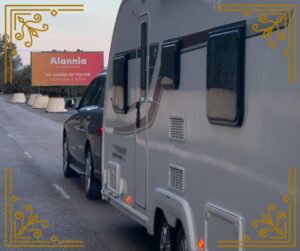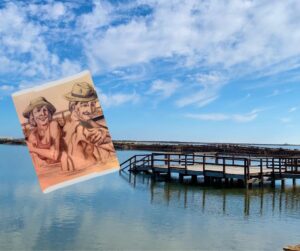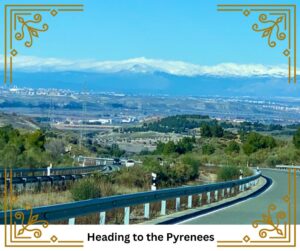Jessie Cahalin:
Summer of Secrets by Adrienne Vaughan
Take several leading ladies, a mermaid, Cinderella and a fairy godfather. Let the dreams take you to the magical coast of Ireland. Mysteries linked to the characters’ lives and the history of the place are cleverly interwoven. Like a skilled seamstress, Adrienne Vaughan has sewn the narrative together. Everything is held together by the wonderfully flamboyant Archie, a Hollywood screen legend. Before things change forever, Archie, wants to ensure, those he loves – especially Mia – are given the chance to fulfil their dreams. And to do this, secrets need to be told and their revelations resolved. I could not stop reading to discover if Archie was Mia’s father. Long after you have finished this novel, and the credits roll, you will be thinking about the magic of this story.
Morton S Gray:
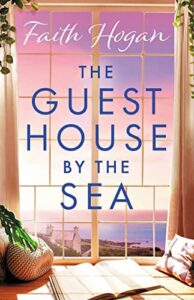 The Guest House by the Sea by Faith Hogan
The Guest House by the Sea by Faith Hogan
Faith Hogan does it again! I have now read all of her published titles and enjoyed each one and The Guest House by the Sea is no exception.
I loved Esme with her vulnerabilities and wise words for all of her guests. I admired Cora, was rooting for Niamh and Rob, empathised with Phyllis and Kurt and was suspicious of Tanya and Paschal. I cared about them all and even worried about how much Marta was doing. Really think Joel Lawson needs his own story please!
Faith Hogan has a way of writing that flows and carries you along as you get closer to the many characters and care about them as their stories unfold. By the time the book is finished, you wonder how you will get by without regular updates on their progress through life. Real issues and problems tackled in a gentle way. Bravo!
Jessie Cahalin:
Second Chances by Miriam McGuirk
The sun began to shine as soon as I met Molly. The mystery of her life intrigued me, but her kindness touched me. It is wonderful how she engages in the community, while dealing with her own problems. I also loved Florence, Boudie and Colonel Bryce Beckwith. This delightful multi-generational narrative, and you do not want to leave the people. The author places each single word with care and there is a poetic quality to the style. It was a joy to escape to India and the places in Kent. This is a novel with a great big heart.
Jane Cable:
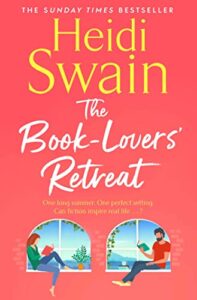 The Book-Lovers’ Retreat by Heidi Swain
The Book-Lovers’ Retreat by Heidi Swain
This is Heidi Swain’s first standalone novel, and I hope it won’t be her last. She has such an easy, accomplished, style of writing you feel as though you are being told the story by a friend, which only adds to the charm of this escapist book.
Best friends Em and Rachel have been looking forward to a very special holiday in the Lake District for years, but when Tori drops out at the last minute their plans are in jeopardy until the owner of the property gives her some options from her waiting list and after an exchange of emails they’re happy to choose Alex. Except this Alex turns out to be a man.
In the best traditions of friends’ fiction they all have secrets and they all need to revaluate their lives. Inevitably there are ups, downs, and misunderstandings – as well as the occasional curve ball I did not see coming. A really enjoyed joining them on their journeys and had just the tiniest book hangover the morning after I finished it.

